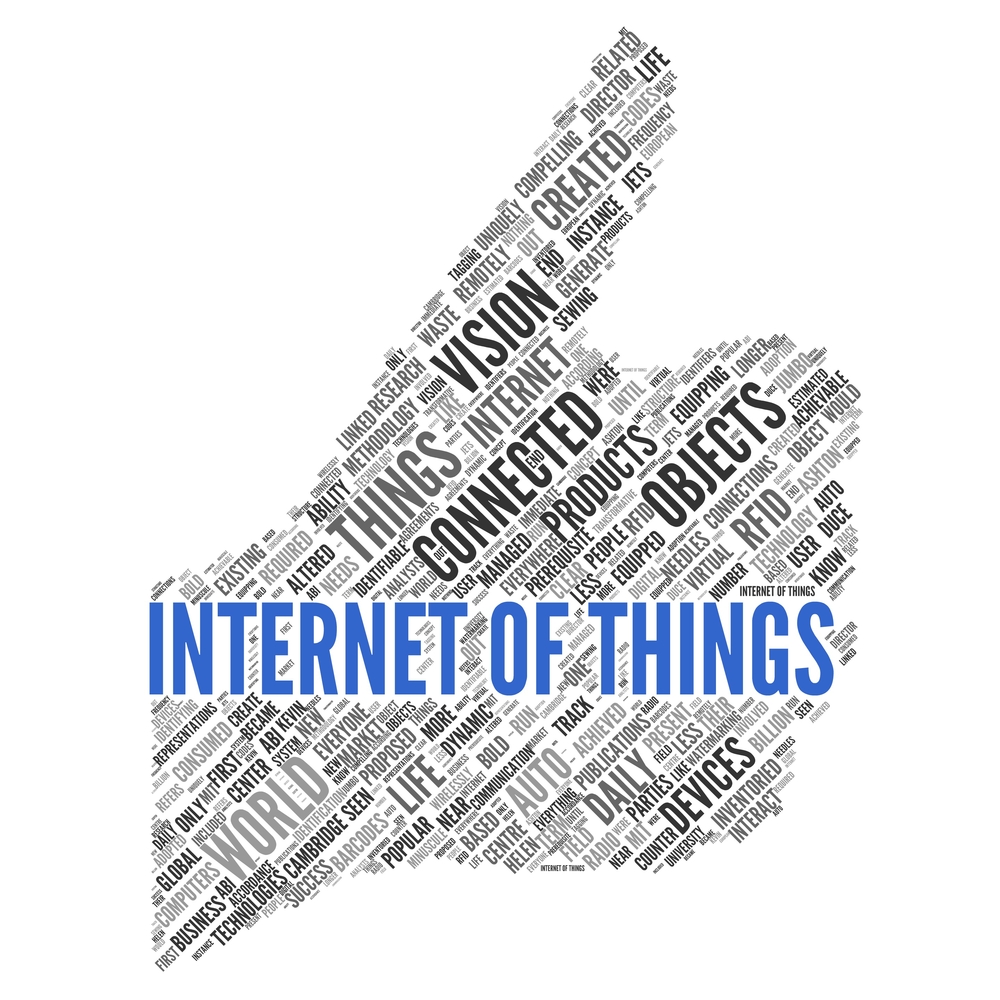
If you have ever visited your local electrical retail chain only to discover that you know more than the salespeople do, get ready for a whole new era of dissatisfaction.
Internet of Things buzz at the Consumer Electronics Show reached fever pitch this month. Smart home and wearable gadgets like thermostats, kettles and watches represent the first new product categories technology retailers have seen in years. Interested customers will expect retail staff to be knowledgeable experts, able to educate us and answer questions that guide us through purchasing decisions. Their managers will expect them to have sufficient knowledge to make the sale. But, while buyers nowadays are arming themselves with highly detailed product information found online to ask ever-more complex questions, busy sales staff often only seem knowledgeable about a few characteristics of each of a store’s wide product offering.
Because smart home gadgets are entirely new product sets that don’t solve familiar consumer problems but which tantalize with unimagined new possibilities, consumers will need educating and convincing about key benefits. Put simply, IoT is a harder sell than a washing machine. This means salespeople have a crucial role in the segment reaching its promised heights.
But the parlous state of retail training plus the quickening pace at which these new devices are being launched poses a big risk to IoT uptake.
According to a recent report by the UK Commission for Employment and Skills (UKCES), 45 percent of retail employees already receive no training whatsoever.
Retailers run on tight margins, so it is not hard to see why training often takes a back seat. Those companies which do try educating staff typically rely on old-fashioned techniques that won’t equip salesforces with the knowledge needed to sell the Internet of Things with confidence.
For the devices unveiled in Las Vegas to really take off, retailers will need to reboot their training strategy for a new age, with these principles in mind:
1. Be micro
Today, retail staff training often means employees traveling to a hotel or supplier headquarters, where, locked in a room together, they receive a day-long indoctrination in every aspect of a product’s operation, or are burdened with a huge handbook to read from start to finish.
The problem is, this is no longer the way people consume information effectively. Humans today are conditioned to read and digest in short bursts. Training delivered in lengthy sessions, whether in-person or in-text, will not arm staff to understand the smart home. Always-on and constantly-connected; this is how we now read our news, browse our social networks and educate ourselves -- and that is how training should be delivered.
This goes especially for technology retail salespeople. A young gadget enthusiast who reads tech blogs, participates in forums and follows Pinterest boards on the bus to work is highly engaged in a uniquely modern modality -- she can’t be expected to fully take in hours-long monologues from training managers. So bosses should craft training content that fits the audience.
The best training materials will not only be delivered online but will match the rhythm of modern content consumption, presented in small, sequential chunks that can be comprehended individually but which, taken as a whole, add up to super-knowledge.
2. Be frequent
The pace of change is accelerating. Not only is new hardware being debuted every week – Internet of Things devices typically also come with mobile apps that, themselves, undergo constant update, whilst many gadgets now also update their own firmware remotely. All of this can improve the consumer experience – and means even the products staff have been trained in change before their very eyes.
Retail training is typically delivered infrequently, in big, unwieldy blocks. But this does not match the rhythm with which developers ship their products -- constant iteration. A staff training session about internet-connectable lightbulbs delivered once every half-year is likely quickly out-of-date.
As OEMs refresh their offerings with new key benefits every day, salespeople must be kept constantly informed about changes, so they can communicate all the latest and best selling points to buyers. So it is vital that retail chains deliver small, frequent training updates to staff on a super-regular basis.
3. Be smart
If smart home gadgets pile up, unsold, in the corner of your local electrical store, will it be because the products are substandard, or because your staff didn’t know enough to sell them? Who knows -- if a tree falls in the woods and no-one is around to see it, did it really make a sound?
Knowledge is power. Knowing which staff have which product competencies will allow retail managers to identify any linkages between training deficiencies and sales patterns. A modern training system should allow staff to complete simple product awareness tests that indicate abilities to managers.
When training is effectively delivered in a particular product category to a particular staff cohort, retail stores should record the event. If, when looked back on, this data shows underperforming sales despite sufficient training, retailers can justifiably point the finger back at OEMs, and adjust stock levels accordingly.
This kind of processing will allow both maker and seller to intelligently identify reasons behind smart home sales flow -- or lack of.
4. Be practical
Doing is learning. Customers want to buy their products from staff with thorough understanding -- and a passion for the product.
Technology retailers should already be employing curious gadget heads who soak up all the latest information about newly-stocked items.
Today, stores should be encouraging staff to go home to test the heck out of all the latest Internet security cameras, fitness trackers and smart locks, becoming category experts and sharing their findings with colleagues.
Ben Muzzell is co-founder of Looop
Image Credit: PlusONE / Shutterstock
Published under license from ITProPortal.com, a Net Communities Ltd Publication. All rights reserved.
from ffffff http://feeds.betanews.com/~r/bn/~3/FbP_WPgKtvQ/
via IFTTT







0 comentarios:
Publicar un comentario